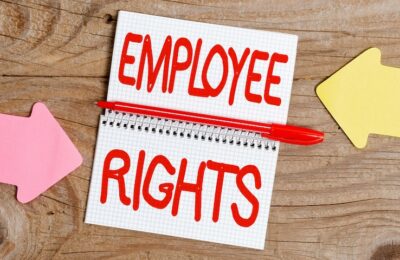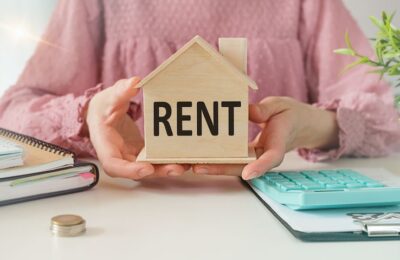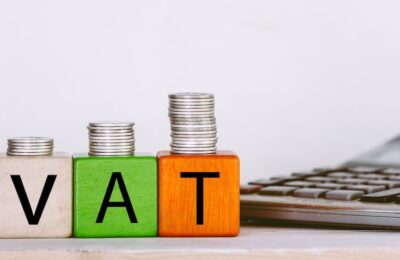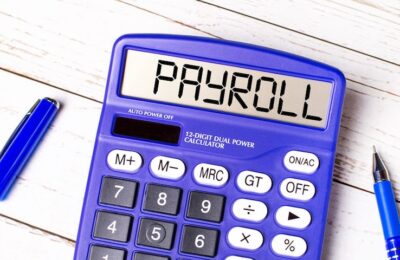HMRC is alerting people who have made a provisional claim for business asset rollover relief (ROR) that time is running out to make a valid claim. In this post, we take a closer look at rollover relief and what HMRC is asking some taxpayers to do.
What is rollover relief?
Rollover relief can be used to delay paying capital gains tax. It applies if you sell or dispose of certain business assets and then use part or all of the proceeds to buy new assets. It also applies if you use the proceeds to improve assets that you already have.
You can also get provisional relief. This applies if you plan to buy new assets with the proceeds, but haven’t yet done so.
What assets does the relief apply to?
The qualifying assets for rollover relief are listed below. We’re pretty sure that rollover relief on spacecraft and space stations will apply to very few readers, though!
- Interests in buildings or part of them
- Interests in land
- Fixed plant and machinery
- Goodwill
- Fish quotas
- Milk, potato or ewe and suckler cow premium quotas
- Payment entitlements under the single payment scheme or basic payment scheme
- Lloyd’s syndicate capacities
- Ships, aircraft, hovercraft, satellites, space stations and spacecraft
What about rollover relief eligibility?
These are the rules for qualifying for business asset rollover relief.
- You need to buy the new assets within three years of selling or disposing of the old ones. You also qualify if you buy the new assets up to one year before disposing of the old ones.
- Your business must be trading at the time of both selling and buying the assets
- You have to use the new assets in your business
If you don’t qualify for full relief, you may qualify for partial relief. This is possible if:
- You reinvest part of the proceeds from sold assets
- The old assets were only partly used in your business
- You use the proceeds to buy depreciating assets (fixed plant or machinery, or an asset with a maximum life expectancy of 60 years)
If you buy depreciating assets, the tax isn’t necessarily deferred until you dispose of them. Instead it is deferred until the earliest of:
- When you dispose of the assets
- When you stop using the assets
- Ten years from when you acquired the assets.
How long do I have to claim rollover relief?
You need to claim rollover relief within 4 years after the tax year in which you bought the new asset or, if it happened later, when you sold the old one.
What is HMRC writing to taxpayers about?
HMRC is writing to taxpayers who have made a provisional claim for rollover relief, but haven’t made a valid full claim.
It is focusing on people who made a provisional claim in the 2020/21 tax year. It is telling them that the deadline for a valid claim is 31st January 2025.
If you are this position, you have two options. First, if you have bought a new asset or do so before the deadline, you should complete this form to tell HMRC. If you will not have bought a new asset before the deadline, you need to withdraw your provisional claim. This will reduce the amount of interest you pay.
In some instances, HMRC will extend the deadline. However, it will do this on a case-by-case basis.
If you’d like to learn more about capital gains tax reliefs and allowance, check out our blog on the topic. Alternatively, get in touch with one of our friendly, expert accountants today.
About Karen Jones
Having worked for one of the world’s largest accountancy firms, Karen Jones uses her tax knowledge and skills to help clients obtain substantial reductions to their tax liabilities.
With an expanding portfolio of tax clients, Karen enjoys the variety her work brings her and particularly likes working with new businesses and people. With a growing number of tax clients, she frequently faces a variety of challenges and relishes the experience she gains as she solves them.
Karen likes the THP ethos: “I like the way the team has a professional, but friendly and down-to-earth approach – it creates a productive atmosphere that benefits everyone.”
Karen’s specialist skills:
- Personal Taxation
- Tax Efficient Planning
- Trust Administration












